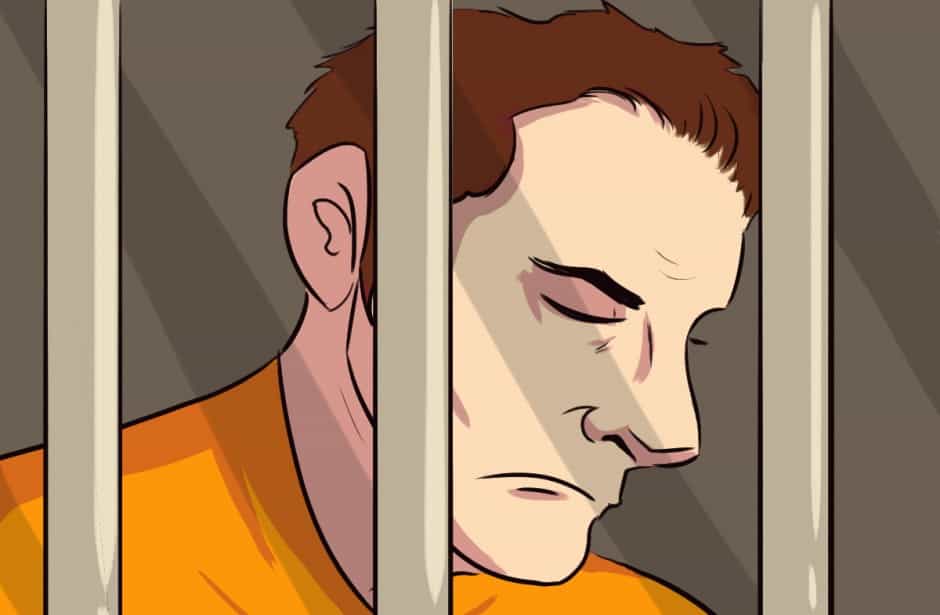National Security officers in Tajikistan have now held Alexander Sodiqov, a political science PhD candidate at U of T, in detention for nearly two weeks. The case has sparked international backlash, with numerous scholars and human rights groups protesting the arrest as a violation of academic freedom.
Sodiqov, who was arrested on June 16, is reportedly accused of high treason.
In the past, Sodiqov has served as the Central Asia Editor for Global Voices, an international news organization, and the author of the Tajikistan Monitor, a blog on Tajik issues. He is known for his commentary on social and political issues in Tajikistan and the surrounding region. Sodiqov was in Tajikistan to interview a prominent civil society activist as part of academic fieldwork for his dissertation, when two men detained him without explanation. The area in which Sodiqov was arrested, Gorno-Badakhshan, experienced anti-government unrest in July 2012 and May 2014.
The day after the arrest, Tajik police allegedly went to Sodiqov’s mother’s home in Dushanbe to search and remove computers and file storage equipment. Sodiqoy remains in custody without contact with his family, lawyers, or colleagues.
Sodiqov has appeared twice on a local state television, in an apparently heavily edited video, which news outlets are speculating was distorted to discredit the opposition and a religious leader.
Official charges against Sodiqov remain unclear, but the Tajik State Committee for National Security issued a statement accusing Sodiqov of “subversion and espionage.”
The charges are “clearly trumped up,” said Semra Sevi, a political science graduate student at U of T and colleague of Sodiqov.
“The current Tajik government apparently hopes to discourage scholarly inquiry into its authoritarian practices and its treatment of minorities in the province of Badakhshan — the subject of [Sodiqov’s] research. It seems to me [Sodiqov] was asking valid questions that the regime did not want addressed,” said Sevi.
Sevi and other colleagues expressed concern for Sodiqov’s safety and urged the Tajik law enforcement to inform the public about Sodiqov’s fate while taking all possible measures to ensure his release.
Professor Edward Schatz, chair of the Department of Political Science at UTM and Sodiqov’s academic supervisor, has created a similar petition for concerned scholars. As of June 28, his petition has 2,658 signatories, some of which include professors based in the US, the UK, Japan, Switzerland, Russia, Israel, and Peru.
According to a U of T statement released on June 23, “[t]he detention of an academic researcher cuts to the core of the mission of the university: to produce and disseminate scholarly knowledge in an atmosphere of open expression and intellectual freedom.”
U of T also says it has been working with “various government agencies and non-governmental organizations to secure Alexander’s release.”
On Friday, the Munk School of Global Affairs held an event as part of a global discussion on Sodiqov’s situation and its implications for research scholars. U of T’s Department of Political Science faculty has also compiled testimonials that vouch for Sodiqov’s scholarly excellence and character.
Human rights organizations including Reporters Without Borders (RWB), Amnesty International, Freedom House, and Human Rights Watch have released statements expressing concern over Sodiqov’s detention.
RWB ranks Tajikistan at 115 of 180 countries on its Press Freedom Index, while Freedom House rates Tajikistan as “Not Free” on its Freedom in the World 2014 and Freedom of the Press 2014 indices.
U of T’s Department of Political Science also created a page that compiles growing international media coverage of Sodiqov’s case, including articles from The Economist, Al Jazeera, and The New York Times. The page also contains statements of concern from various academic societies, including the Canadian Association of University Teachers.
Department of Foreign Affairs spokesperson Beatrice Fenelon declined to comment on the specifics of the case, saying: “We are aware of reports that a citizen from Tajikistan, studying in Canada has been arrested in Khorug, Tajikistan.”
Correction (Tuesday, July 1, 2014): An earlier version of this article incorrectly stated that Semra Sevi created the Russian petition. Sodiqov’s friends and colleagues in Tajikistan created the Russian petition. The role of students and colleagues at U of T was to encourage people to sign the petitions.


